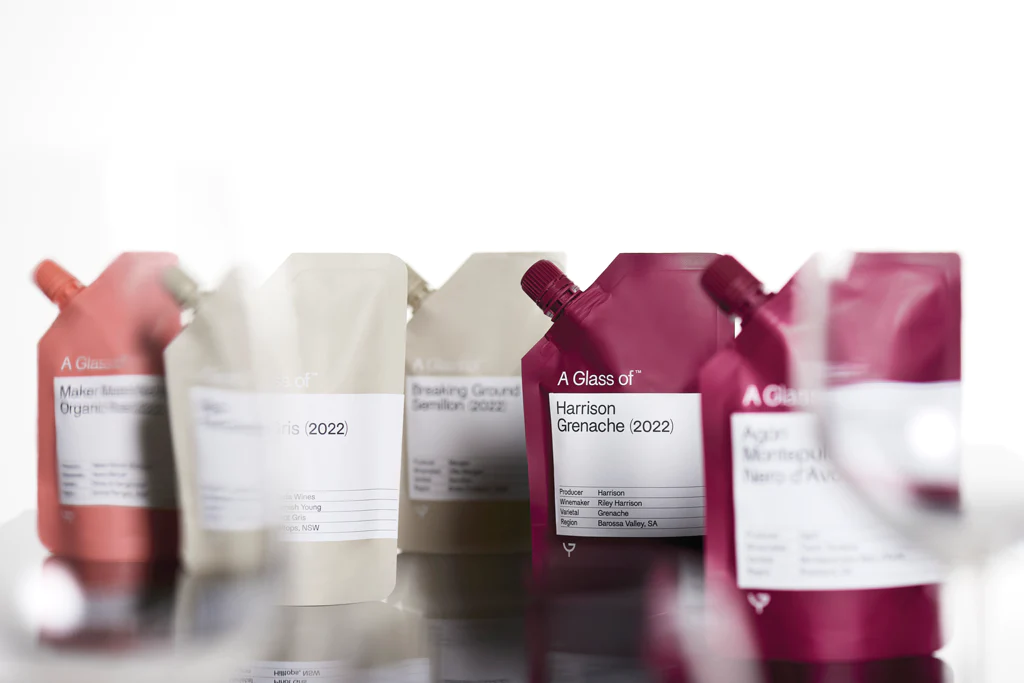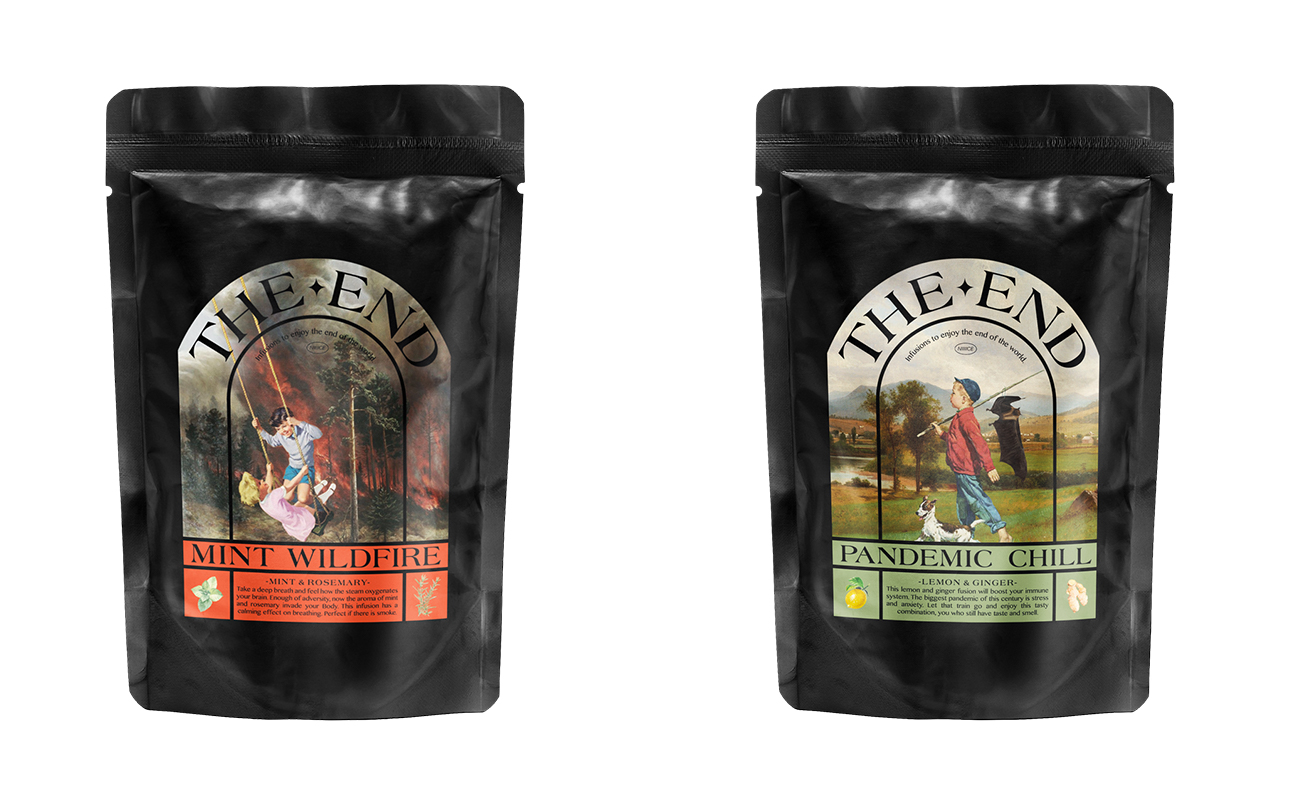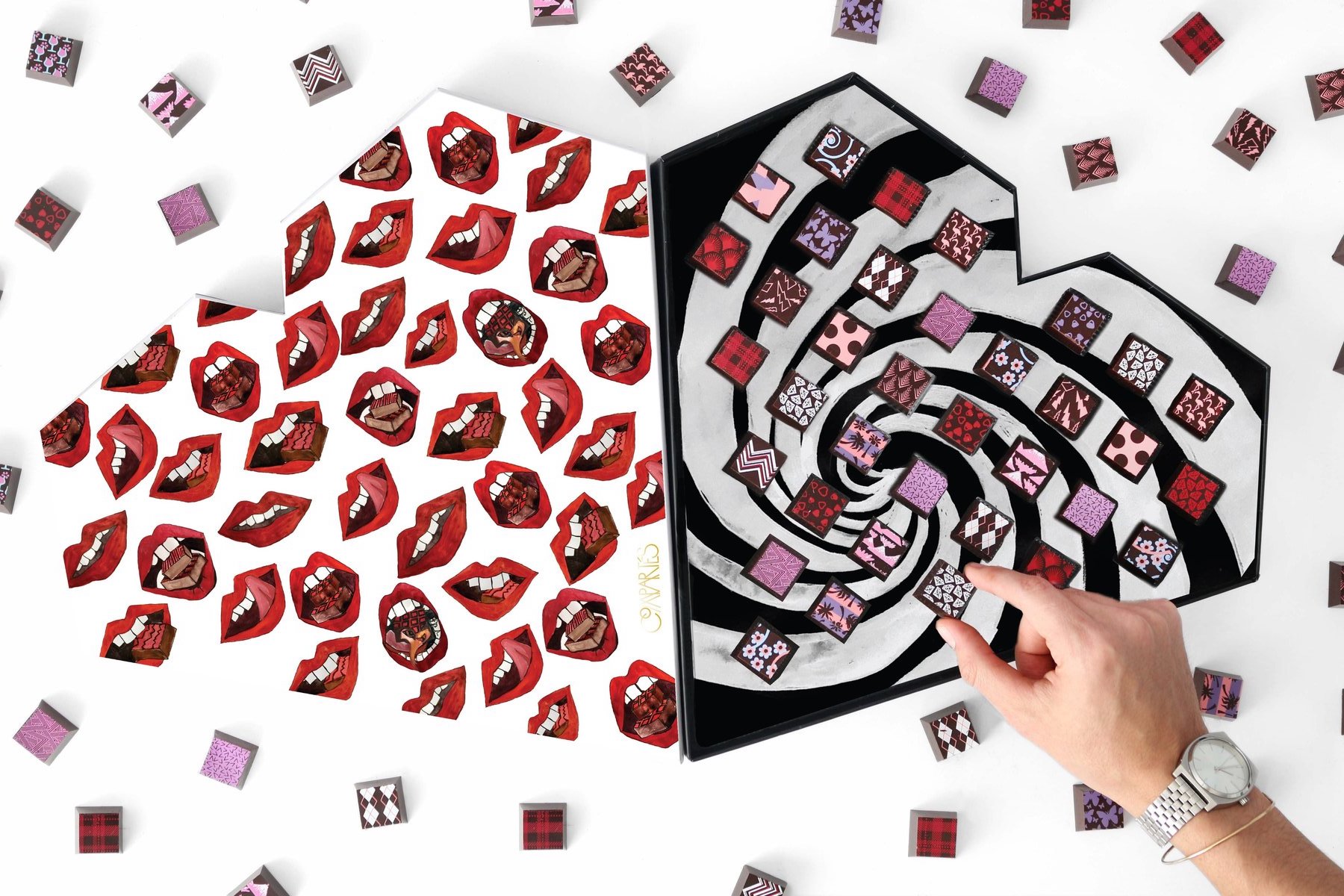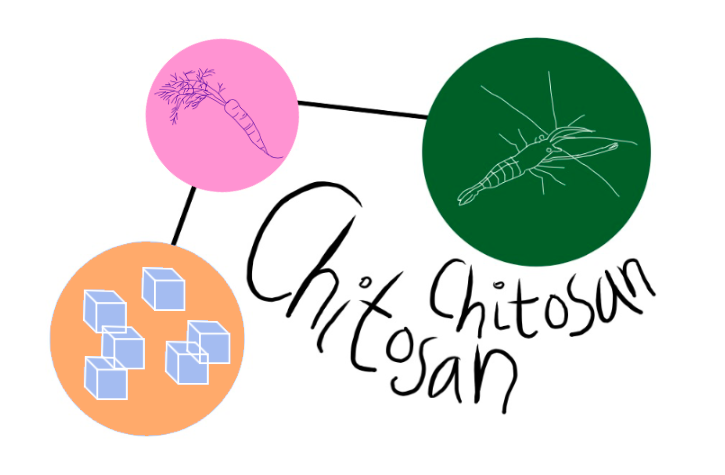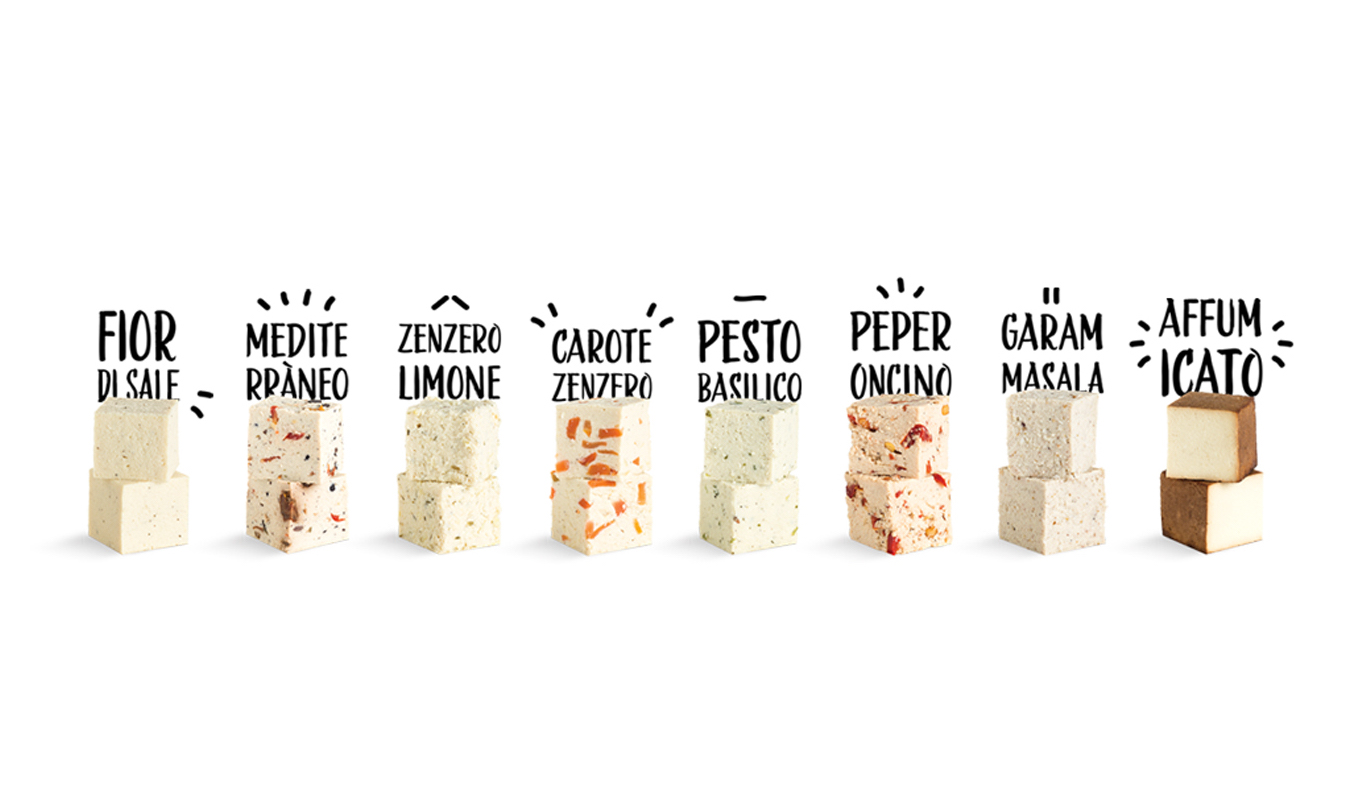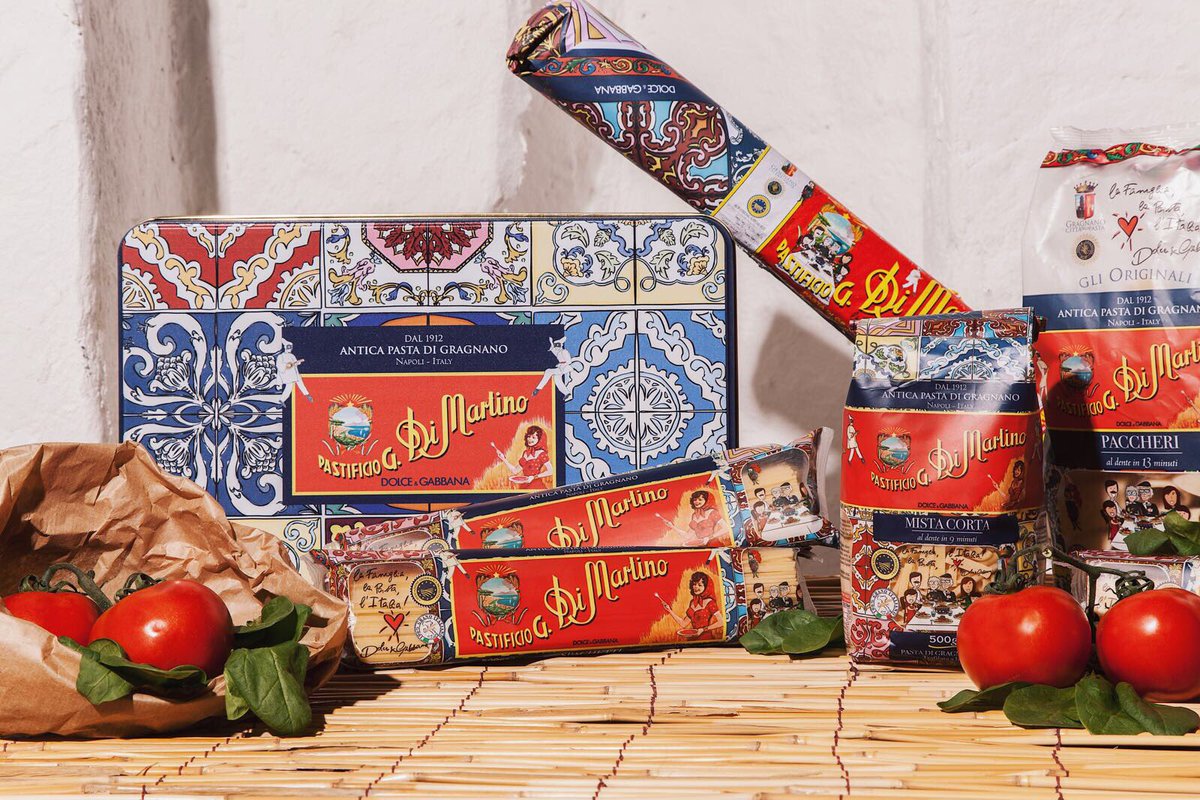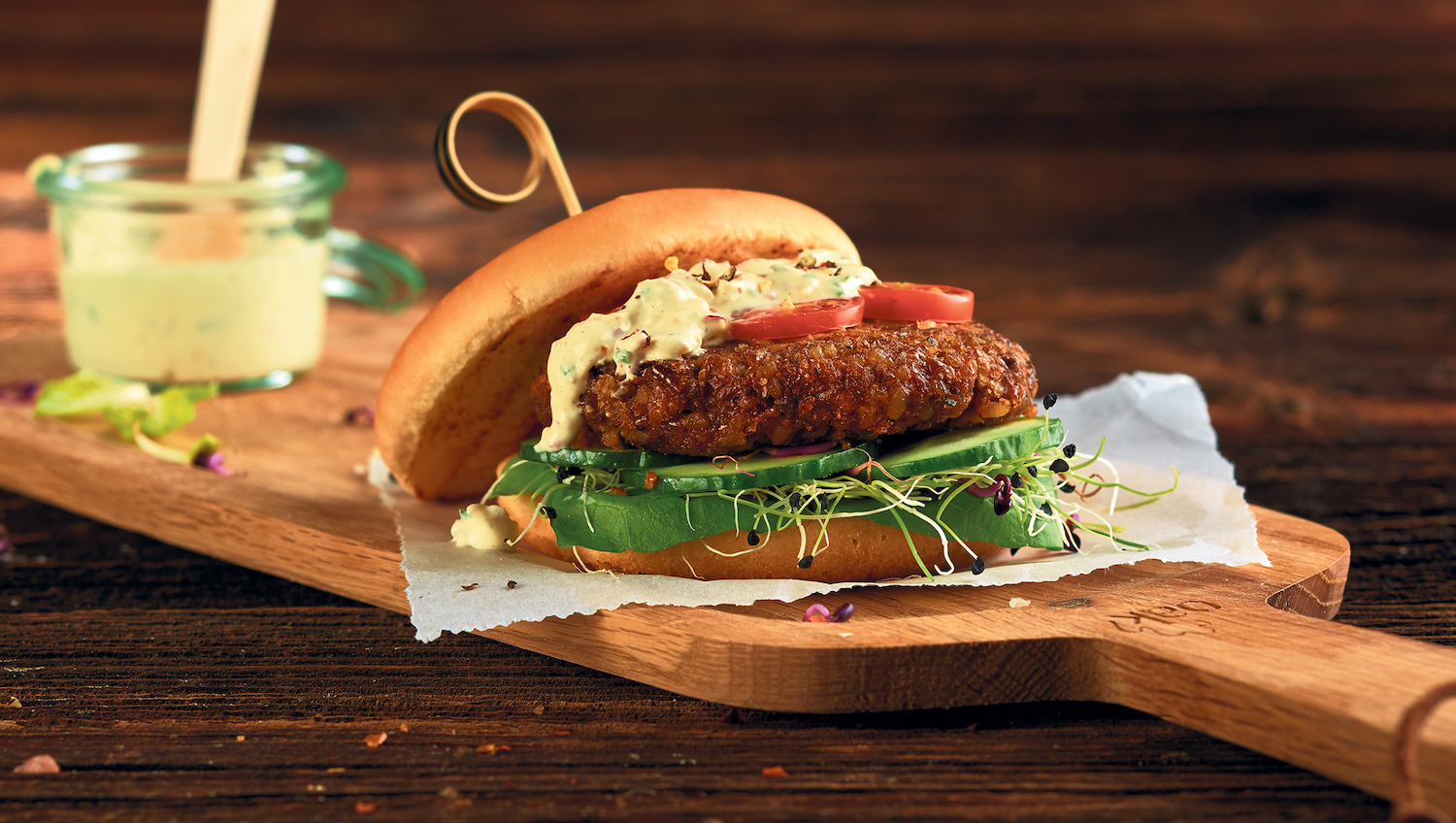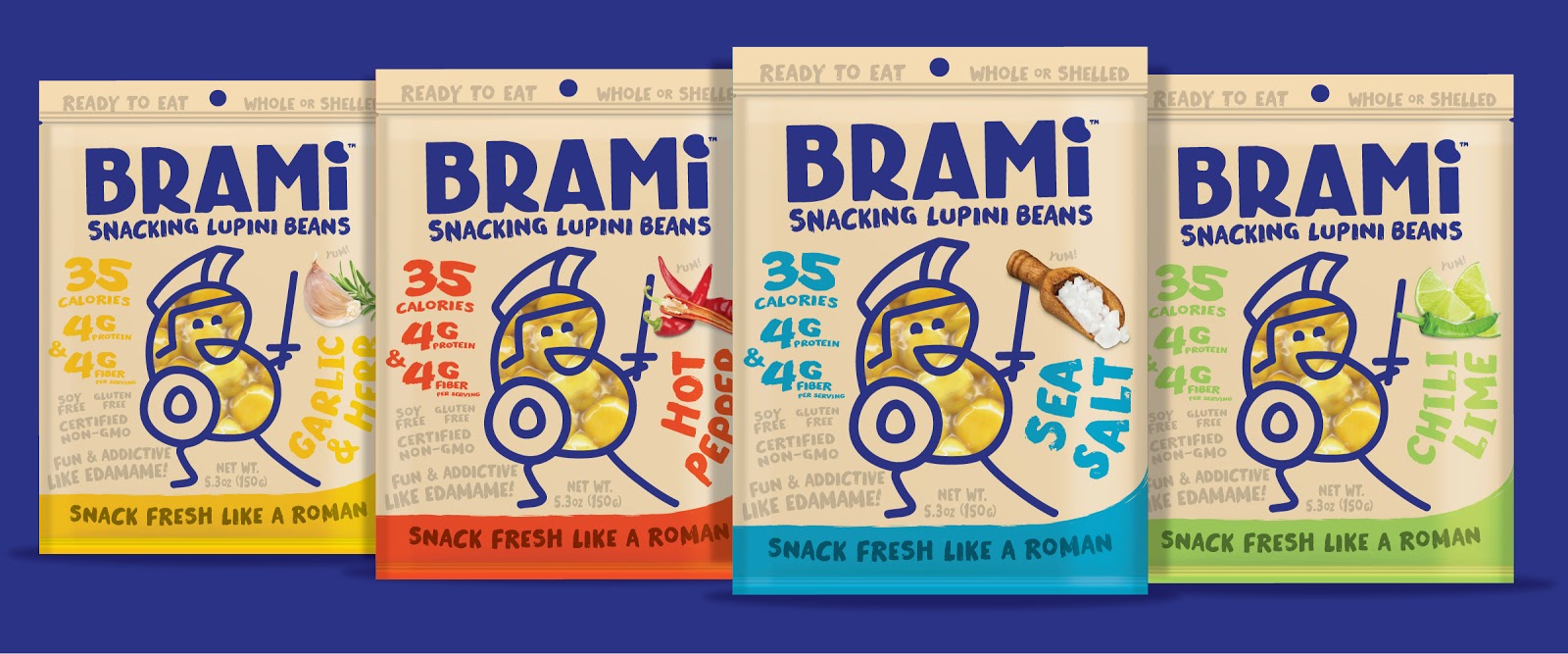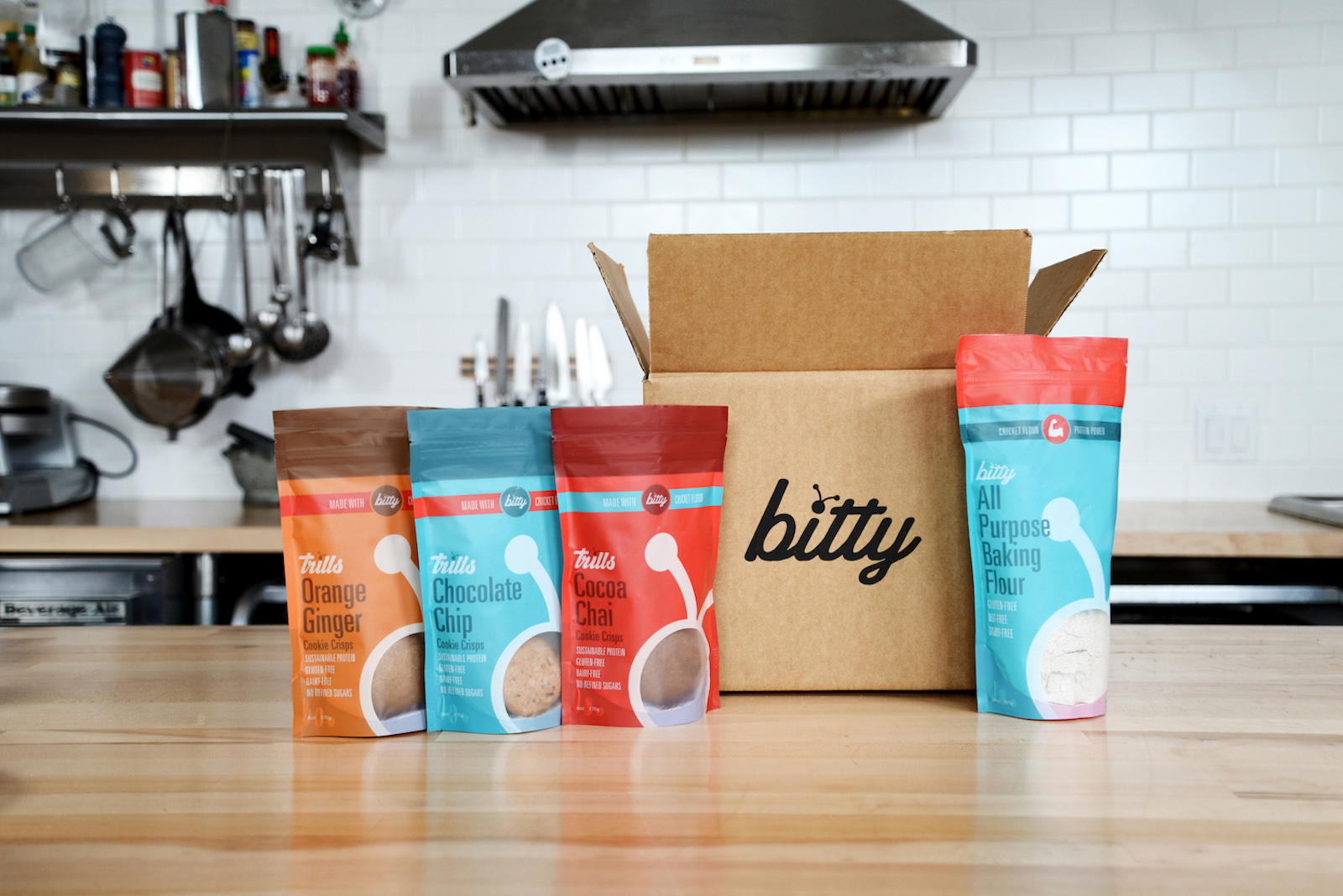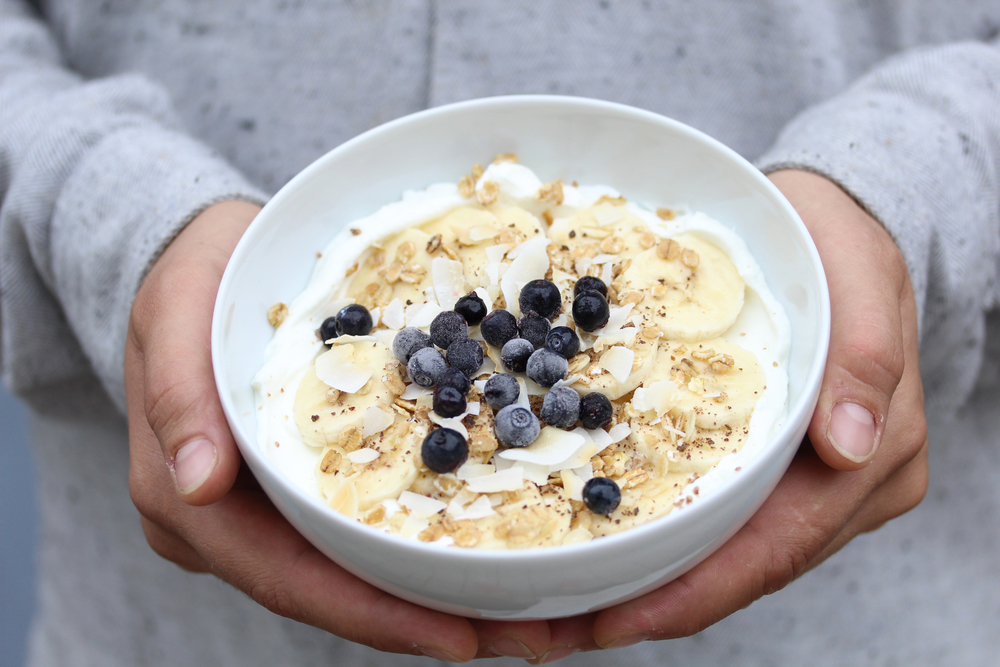While a warm coat and comfortable shoes might be your first line of attack when planning a hiking excursion, a good meal is just as important to have in your kit. And it’s not those sugar-laden energy bars that taste like Styrofoam. According to Patagaonia, that famous purveyor of fleece jackets, real food is the best energy for the trail.
In 2012, the company launched a project called Patagonia Provisions, which sells sustainably sourced food. In an open letter about the project, Patagonia founder Yvon Chouinard writes: “we also believe there is great opportunity—and an urgent need—for positive change in the food industry. With Patagonia Provisions, our goals are the same as with everything we do: We aim to make the best product, cause no unnecessary harm, and perhaps most important, inspire solutions to the environmental crisis.” Their products celebrate ingredients hikers might encounter while traveling, like tsampa, a roasted barley flour which is grown in Nepal and Tibet. When trekking in the region, Chouinard relished how this indigenous, natural food gave him the proper fuel for the terrain he was traversing.
Patagonia Provisions’ first product was re-sealable plastic pouches of sustainably sourced smoked Alaskan salmon from an island off Washington State. Customers can choose between Lummi Island pink salmon and Situk River sockeye salmon, sold in boxes of two or four. From the outset, Patagonia Provisions is clear about their mission—when shopping the website customers encounter a landing page that explains sourcing, conservation efforts and the meaning of that foodstuff in both human and ecological terms. The boxes feature a line drawing of a salmon, reminding consumers that they’re eating a previously living creature and not just pink stuff. Inside the box, a map reinforces the connection between fish, land and consumption. While the company says the easy open packs are optimal for hiking, the package’s similarity to other forms of preserved fish suggests that Patagonia aims to teach consumers lessons about the food chain that extended beyond convenience.
The emphasis on being an all-purpose food company also appears in Patagonia’s energy bars and beer. While Patagonia Provisions bills their fruit and nut bars as a naturally delicious alternative to the super processed bars on grocery stores shelves, their version resembles other healthy snacks in both ingredients and appearance. Each package has a white background with an image of the fruit used in the bar. Some fruits are typical for energy bars, like apricots and mangoes. Others, like inca berry, are unique to Patagonia. On the right side, there’s a colorful panel that corresponds to the fruit’s hue. By showcasing the ingredients and using a design that blends in with other energy bars, Patagonia allows their product to appeal to consumers who are looking for a snack to eat both on and off the trails.
Their beer also fits into their message of sustainable consumption beyond the trails. Called Long Root Ale, the beer is sold in cans and growlers at West Coast Whole Foods. While Patagonia Provisions bills their brew as a light and hoppy beer you’ll want to drink all the time, its name suggests that it is more an experiment in brewing rather than a standard ale. Long Root refers to Kernza, a perennial grain developed by the Land Institute with roots that can stretch for feet underground. Kernza, along with grapefruit hops, imbues the beer with a special flavor that makes it appealing after a day of pounding the trails and at the bar. By using special ingredients and emphasizing the regenerative agricultural practices of its grain producers, Patagonia Provisions positions their product as a sustainable alternative for outdoor enthusiasts and homebodies alike.
While Patagonia Provisions might bill itself as the next generation of trail food, their products are designed with the entire product lifecycle and supply chain in mind—an extension of their brand ethos as well as a way to appeal to their base of ethical consumers. This consumer is conscious about where their foods come from, but still craves convenience of competing foods in the grab-and-go marketplace. Yet, that’s not to say that Patagonia’s products would be amiss on the trail. Rather than turning to artificial energy gels and bags of gummy bears, Patagonia Provisions offers hikers a healthy and sustainable way to fuel themselves during their excursions. Similarly, these accessible foods might encourage non-hikers to lace up their walking shoes by demonstrating that trail nutrition needn’t be complicated. It’s what you normally eat, just presented in a new way.


